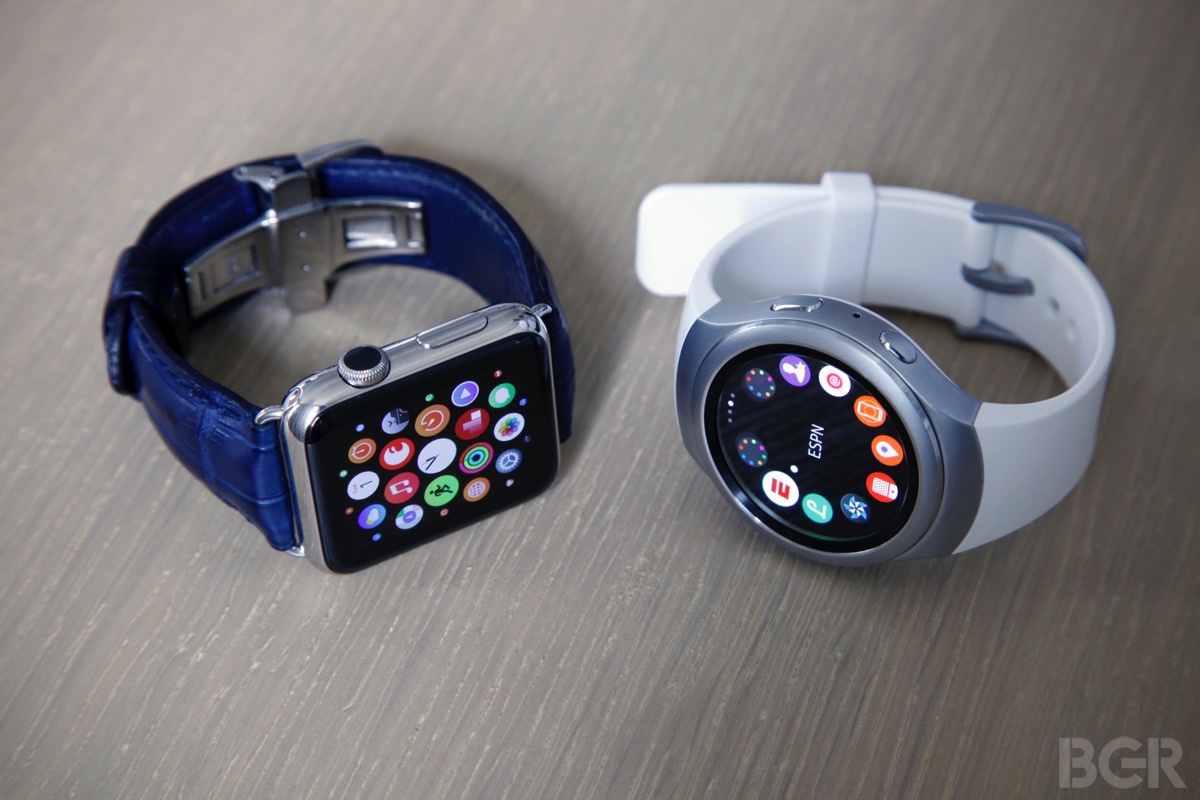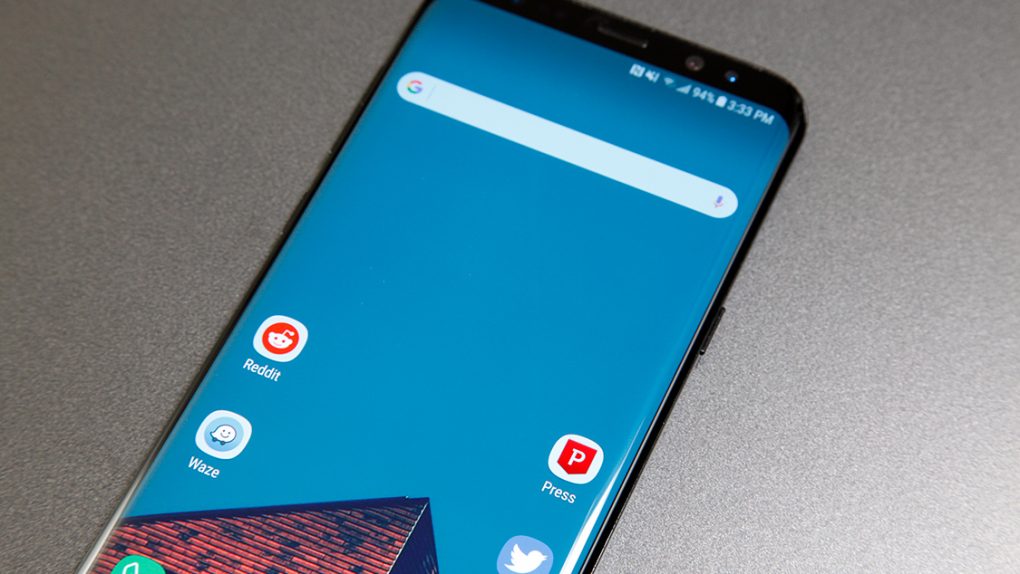I penned a piece on Wednesday in which I explained the five main reasons I could never switch to the Galaxy S8 or Galaxy S8+ from my iPhone 7 Plus. While my in-depth Galaxy S8 review approached Samsung’s hot new flagship smartphones from a neutral viewpoint, this new supplemental piece offered a different point of view from me, as an end user. There is absolutely no doubt in my mind that Samsung has out-designed Apple with its new Galaxy S8, but in this post I covered key areas where Samsung still can’t even approach the iPhone.
There’s one more reason I could never switch to the Galaxy S8 and ditch my iPhone 7 Plus, though, and it’s a reason I never thought I would have.
I’ve received more than two dozen emails and a handful of mentions on Twitter since published that opinion piece on Wednesday. Oddly, nearly every single one was from a person nodding in agreement.
It’s still early days, but I would wager that no Samsung phone released in the past few years has drawn more interest from iPhone users than the new Galaxy S8 and Galaxy S8+. It makes sense, of course, because they’re stunning. And yet from the messages I’ve received and the conversations I’ve had elsewhere, Samsung for the most part isn’t actually stealing these users away.
Everyone seems to be intrigued by the Galaxy S8, which features an incredible new “Infinity Display” design. The Super AMOLED screens on the S8 takes up an impressive 83% of the phone’s face, which is the best screen-to-body ratio the world has ever seen on a widely available smartphone. Coupled with a curved front and back that make the S8 more comfortable and stylish than any other smartphone out there, and you’ve got yourself a winner.
But is it enough to steal away many iPhone users?
For me personally, there’s simply no chance I could bail on Apple’s ecosystem for the Galaxy S8. As I explained in yesterday’s post, Apple’s iPhone UX is still so much better than Android, it’s not even close. The OS is smoother, the third-party apps are superior in design and performance, Apple’s Continuity features are fantastic, and the iPhone itself outperforms every Android phone including the Galaxy S8. Add in the iPhone 7 Plus’ class-leading battery life and Apple’s unrivaled customer support, and you’ve got an experience that no other phone can match. Not even the Galaxy S8.
There’s one more reason I am personally locked into the iPhone though, and I think millions of other iPhone users would probably agree.

Smartwatches, in general, are awful. They have been awful for years. And when rumors began swirling that Apple was developing its own smartwatch, I figured it too would be awful. I knew the device would be popular, of course, since Apple users are a dedicated bunch. But in terms of features and design, I certainly didn’t think the Apple Watch would ever appeal to me.
As anyone who has read my earlier Apple Watch coverage surely knows, I sang a different tune the moment I began using one.
I’m a lifelong watch lover and collector who thought that there was no way a silly smartwatch could ever replace a mechanical watch on my wrist. Since buying my first Apple Watch shortly after it was released, I have sold almost every watch in my collection. In fact, over the past two years since I started wearing the Apple Watch, I’ve only gone for two or three days total without having it on my wrist.
After testing every big-name Android (and Tizen) smartwatch that has been released over the past few years, I’m hesitant to lump Apple’s watch into the same category. Early Android watches were garbage. There’s no way around it. More recent offerings are vastly improved, and Samsung’s most recent Tizen watch pretty nifty as well. “Nifty” is about as much as I can say for them, sadly.
The Apple Watch is far smoother and more streamlined than anything its rivals have managed to cook up. It’s also simpler, with a UX that practically anyone can figure out because just about everything makes sense. Simple doesn’t mean it lacks features, however, and I rely on Apple Watch features all day long.
I have different Apple Watch faces that display different complications, giving me zero-touch access to real-time information. The Dark Sky complication shows me the current weather conditions and alerts me when it’s going to rain or snow. The Openfolio complication shows me exactly what my stock portfolio is doing. The Activity complication reminds me that I need to get off my butt and walk some more so I can meet the day’s goals.
Then, there are a number of third-party apps I rely on as well. For example, the August app lets me unlock my front door with a tap, and the Newton Mail app gives me rich notifications so I can quickly read previews of new emails and then delete or archive them. That last one is key for me because I can get anywhere from 200 to 400 emails in any given day, but the majority of them are messages I don’t even need to read beyond the subject line to know I can delete them. With the Apple Watch, I tap one button and an email is deleted without having to pull my phone out of my pocket over and over.
There are rival smartwatches that can handle some or even most of the tasks I perform on my Apple Watch, just as there are Android phones that can handle just about everything I do on my iPhone. But it’s not the same. After all these years, and after all of the features other companies have copied, Apple still offers user experiences that are leaps and bounds beyond its competitors.








